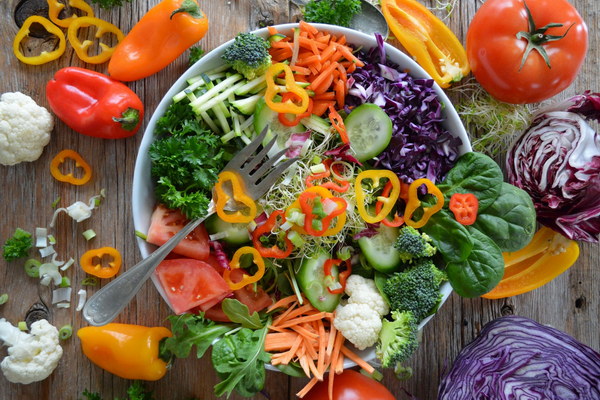Nurturing Your Babys Liver and Kidneys Essential Tips for Healthy Development
Raising a healthy baby involves more than just ensuring they receive the right nutrition and care. The liver and kidneys are vital organs that play a crucial role in your baby's overall health and development. By following these essential tips, you can help nurture your baby's liver and kidneys for a strong foundation in life.
1. Breastfeeding: Breast milk is nature's perfect food, providing the ideal balance of nutrients for your baby. Breastfeeding not only supports your baby's immune system but also benefits the liver and kidneys. Breast milk contains substances that protect the liver from potential toxins and help the kidneys function optimally.
2. Balanced Diet: As your baby grows, introduce a variety of nutrient-rich foods to support liver and kidney health. Include plenty of fruits, vegetables, whole grains, lean proteins, and healthy fats in their diet. Foods rich in antioxidants, such as berries, spinach, and kale, can help protect these organs from oxidative stress.
3. Hydration: Adequate hydration is essential for your baby's overall health, including the liver and kidneys. Make sure your baby consumes enough fluids, whether through breast milk, formula, or water. Hydration helps the kidneys filter waste and toxins from the body, keeping them healthy.
4. Avoiding Toxins: Minimize your baby's exposure to harmful substances, such as lead, pesticides, and cleaning agents. These toxins can damage the liver and kidneys, leading to long-term health issues. Choose natural, non-toxic alternatives for household products and personal care items.
5. Regular Check-ups: Schedule regular pediatrician appointments to monitor your baby's liver and kidney health. Early detection of any potential issues can lead to timely intervention and treatment, preventing complications.

6. Promote Healthy Habits: Encourage activities that promote physical fitness and reduce stress. Regular exercise and adequate sleep are beneficial for your baby's overall health, including the liver and kidneys. Engaging in playtime, gentle stretching, and sleep routines can help maintain healthy organ function.
7. Limit Processed Foods: Processed foods often contain high levels of unhealthy fats, sugars, and sodium, which can burden the liver and kidneys. Limit the intake of processed foods and opt for homemade, wholesome meals instead.
8. Vaccinations: Immunizations are crucial for protecting your baby from various infectious diseases. Some infections, like hepatitis A and B, can cause liver damage. By ensuring your baby receives the recommended vaccinations, you can reduce the risk of liver-related health issues.
9. Avoid Medications: Be cautious with medications, especially those that can affect liver and kidney function. Always consult your pediatrician before administering any medication to your baby and follow their advice strictly.
10. Encourage Social Interaction: Socializing with family and friends can promote emotional well-being, which indirectly benefits the liver and kidneys. A happy, healthy baby is more likely to have a robust immune system and maintain optimal organ function.
By incorporating these tips into your baby's routine, you can help nurture their liver and kidneys, ensuring they grow up strong and healthy. Remember that each child is unique, so it's essential to tailor these suggestions to your baby's specific needs and consult with a healthcare professional for personalized advice.









